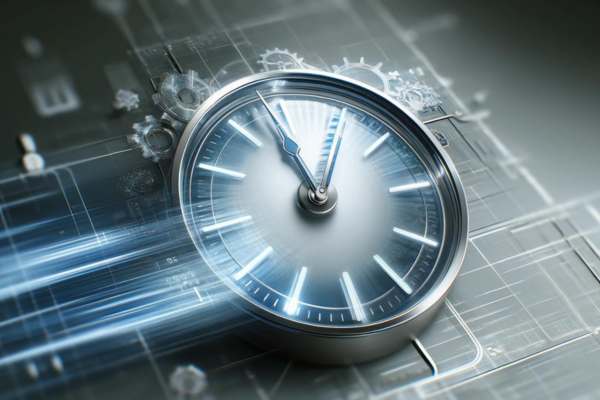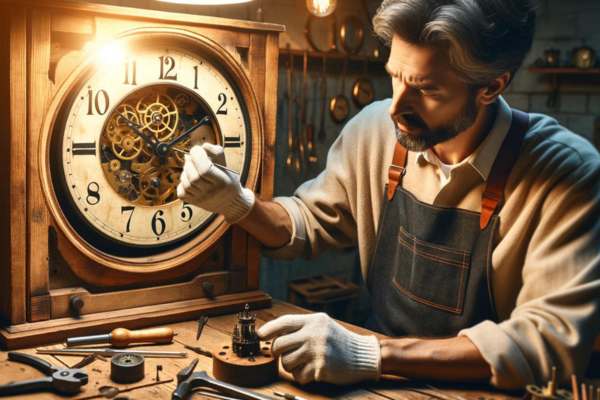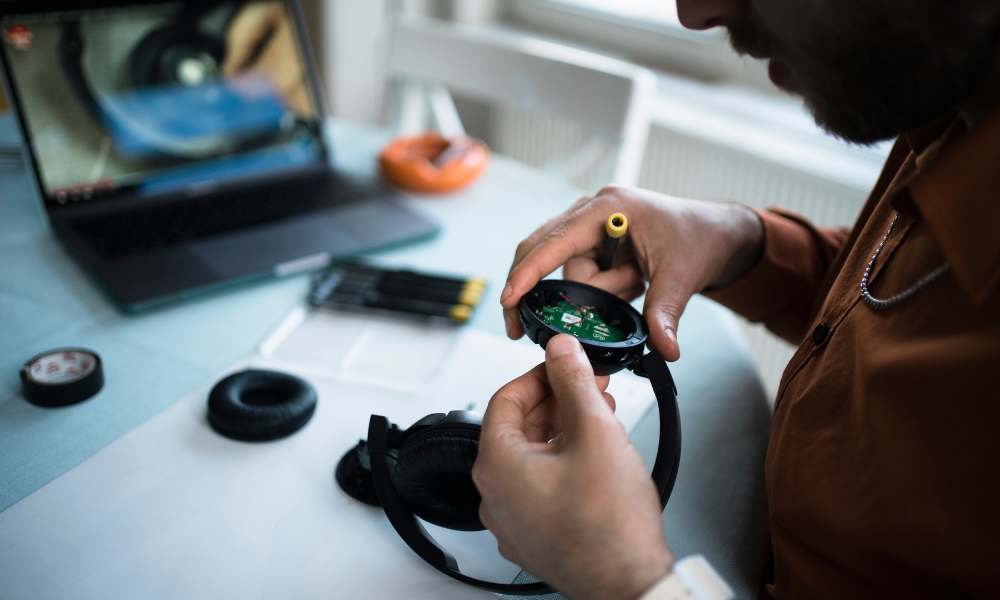Digital clocks are central to our daily routines, from waking us up in the morning to timing our tasks throughout the day. However, a common yet frustrating issue some users encounter is a digital clock that runs fast. This seemingly minor glitch can lead to significant inconveniences, such as arriving early for appointments, misjudging cooking times, or disrupting sleep cycles. Accurate timekeeping is not just a convenience; it’s essential for maintaining a structured and efficient lifestyle. In this blog post, we will explore why How to Fix a Digital Clock that Runs Fast. and provide practical solutions to correct the timing. By understanding and addressing this issue, you can ensure that your clock serves its purpose reliably, keeping you perfectly in sync with the rest of the world.
Understanding Why Digital Clocks Run Fast

Digital clocks operate using an electronic oscillator regulated by a crystal that keeps time. This system is usually reliable, but several factors can cause a clock to run fast. Internal timing errors can arise from a malfunctioning crystal oscillator, which may oscillate at a higher frequency than intended, leading to faster timekeeping. Power issues, such as inconsistent power supply from batteries or electrical outlets, can also affect the clock’s timing accuracy. Additionally, environmental factors like extreme temperatures can influence the behavior of the electronic components inside the clock, causing deviations in time tracking. Understanding these underlying causes is the first step toward diagnosing and fixing a digital clock that runs ahead of time, ensuring its accuracy and reliability.
Preliminary Checks

Before delving into more complex troubleshooting for a digital clock that runs fast, it’s essential to perform some preliminary checks to ensure the basics are in order. Start by examining the power source. If your clock is battery-operated, check whether the batteries are installed correctly and replace them if they are old or depleted. For clocks plugged into an electrical outlet, ensure the power connection is stable and secure. Next, consider the clock’s environment.
Digital clocks should be kept away from extreme temperatures as both high heat and cold can affect their operation. Additionally, avoid placing your clock near strong magnetic fields, such as those generated by appliances, large speakers, or other electronic devices, as these can interfere with the accuracy of the clock’s internal oscillator. These initial steps are crucial in setting the stage for more detailed troubleshooting and can often resolve simple issues causing the clock to run fast.
Simple Fixes and Adjustments
When a digital clock runs fast, a few simple fixes and adjustments can often correct the issue. Start by resetting the clock to its factory settings—a process that typically involves holding down a specific combination of buttons (often ‘Set’ or ‘Mode’ along with a reset button) for a few seconds. Consult the clock’s manual for the exact procedure as it varies by model.
If the clock allows manual adjustment of time settings, use this feature to correct the time, carefully following the steps provided in the manual to adjust the hours, minutes, and if applicable, the seconds. For accurate calibration, synchronize your clock with a reliable time source, such as an internet-based time service or a radio time signal. This will ensure your clock matches the standard time, effectively correcting any discrepancies caused by it running fast. Regularly calibrating your clock in this manner can help maintain its accuracy over time.
Advanced Troubleshooting

Advanced troubleshooting is necessary when simple fixes don’t resolve the issue of a digital clock running fast. If resetting and recalibrating the clock fail to correct the timekeeping, it might indicate a problem with internal components, particularly the crystal oscillator, which governs the clock’s timing mechanism. Replacing a faulty crystal oscillator is a delicate process that typically requires dismantling the clock to access and replace the tiny quartz crystal. This task should be approached with caution and is best handled by someone with electronics repair experience. If you’re not confident in your ability to perform this repair, or if replacing the oscillator does not resolve the issue, it’s wise to seek professional help. A qualified electronics technician can diagnose and fix problems that go beyond basic adjustments, ensuring that your clock operates accurately and reliably.
Preventive Measures

To prevent your digital clock from running fast and to ensure its ongoing accuracy, adopting regular maintenance practices and proper setup is essential. Start by routinely checking and replacing the batteries before they are completely depleted, as low power can affect the clock’s timekeeping accuracy. Ensure that the clock is positioned in an environment with stable temperatures; extreme cold or heat can adversely affect its internal mechanisms. Keep the clock away from any potential magnetic interference, such as near large electronic devices or speakers, which can disrupt its operation. Additionally, recalibrate your clock periodically with a reliable time standard, like an atomic clock or internet time service, to correct any minor deviations before they become noticeable. These preventative measures will help maintain the integrity of your clock’s functionality and extend its useful life.
Final Thought
Fixing a digital clock that runs fast involves a methodical approach, starting with basic preliminary checks of the power source and environmental conditions. If these checks don’t resolve the issue, proceed with simple fixes such as resetting to factory settings and manually adjusting the time. For persistent issues, advanced troubleshooting may be necessary, including replacing the crystal oscillator or consulting a professional. Regular maintenance and careful setup are crucial to prevent future inaccuracies and ensure the clock performs reliably. Remember, maintaining your digital clock with regular checks and recalibrations will safeguard its accuracy, making it a dependable part of your daily routine. Stay proactive in your clock’s care to enjoy precise timekeeping without the hassle of unexpected errors.

